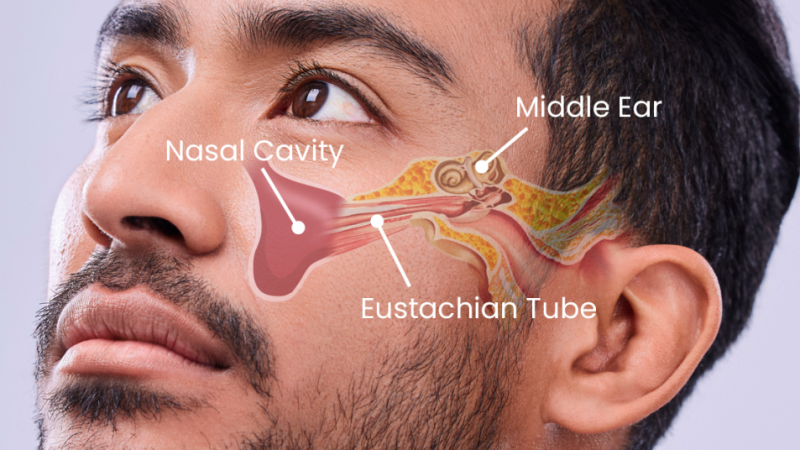The Benefits of CBD Oil for Health: A Guide to the Research

Cannabidiol, or CBD, is one of more than 200 cannabinoids discovered in cannabis. You can check out cbd gummies for sale here. When it comes to the active compounds in cannabis, it is second only to tetrahydrocannabinol (THC), the compound responsible for the drug’s psychoactive effects.
Cannabis indica and Cannabis sativa are the two most common types of cannabis plants. Hemp, on the other hand, can only be produced from Cannabis Sativa, while both marijuana and CBD can be derived from Cannabis Indica. Growing hemp that contains more than 0.3% THC (the oil in marijuana that causes you to get high) is illegal at the federal level. Clothing, packaging, biofuel, building materials, and paper are just a few examples of the many eco-friendly products that can be crafted using hemp.
Several medical conditions, including epilepsy, anxiety, inflammation, insomnia, and pain, have been linked to CBD’s therapeutic effects. Nonetheless, “credited” does not imply proof. Although research is expected to increase now that laws distinguish between hemp and marijuana, the historical regulatory landscape has resulted in few well-conducted trials supporting those claims.
Epilepsy
CBD’s potential as an adjunct treatment for forms of treatment-resistant epilepsy has also been explored. Although trial results were mixed, the majority of participants experienced a reduction in seizure frequency of nearly 44% when CBD was added to their treatment regimen.
Animal studies have shown that CBD reduces pain by acting on the body’s natural endocannabinoid and pain-sensing systems, as well as by reducing inflammation. Combining cannabidiol (CBD) and tetrahydrocannabinol (THC) helped reduce pain, improve mobility, and reduce muscle spasms in 47 MS patients in a case series.
Topical CBD applications have been shown in animal studies to reduce arthritis-related pain and inflammation with minimal adverse effects. CBD is poorly absorbed when taken orally and can cause gastrointestinal side effects, so its topical application is advantageous.
In an observational study, 21 out of 400 patients with anxiety reported feeling better after taking CBD.
Depression
In animal studies, CBD has been shown to alleviate depression in animals, which may be due to its potent anti-stress effect, which can be triggered by either a single dose or chronic dosing.
Diseases of the Sleeping System
In trials of 300 mg in people with anxiety or depression, CBD appeared to preserve sleep architecture, suggesting that it was unlikely to have negative effects on sleep quality.
Animal and human studies have similarly found that CBD has immunosuppressive and anti-inflammatory properties, suggesting that it may be useful for treating certain autoimmune disorders and inflammation-related complaints.







